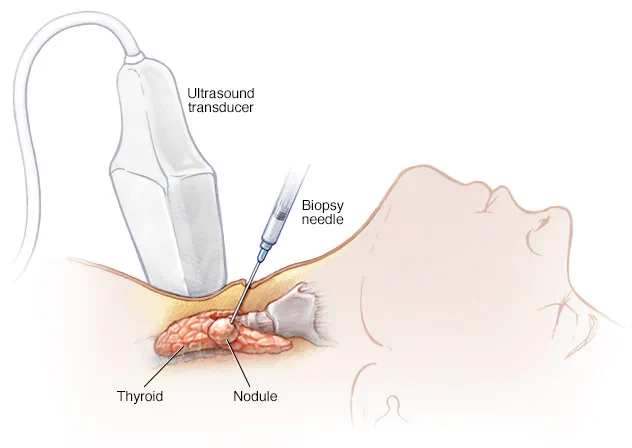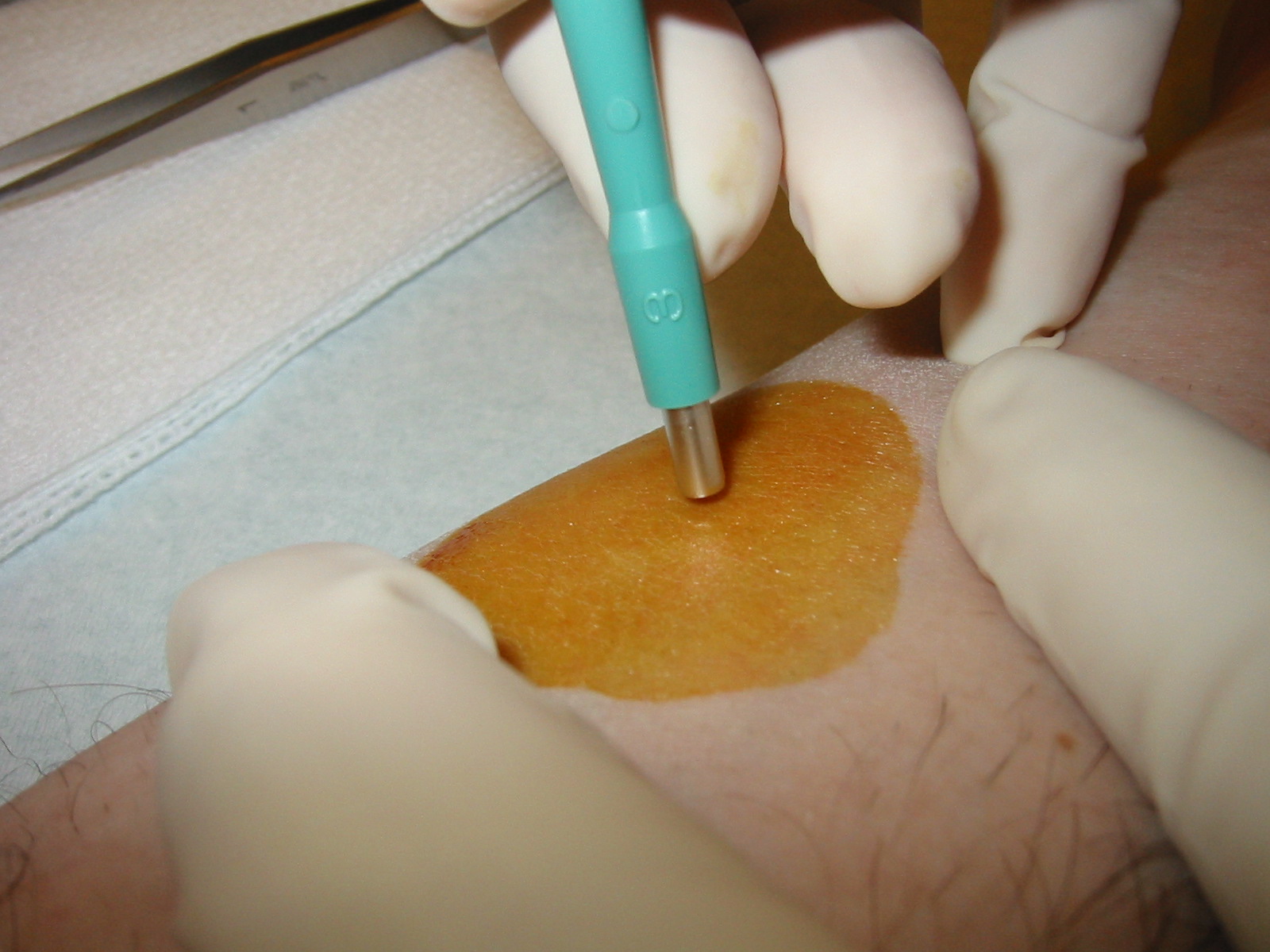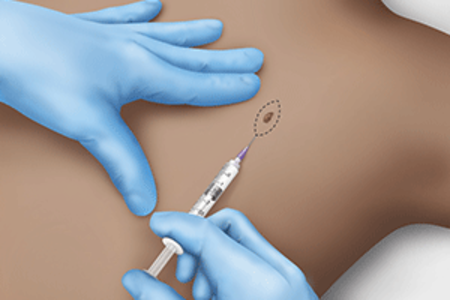- Home
- Our Services
CANCERS WE TREAT
TREATMENT OPTIONS
- About Us
About North Houston
Cancer ClinicsNorth Houston Cancer Clinics is a leading cancer center specializing in treating various types of cancers and blood disorders.Meet our specialized cancer care team
Choosing excellence, transforming cancer care together
Quality Oncology Practice Initiative (QOPI) Certification Program
Discover Our Healing Spaces: Virtual Office TourFirst day visit at North Houston Cancer Clinics
Real Stories, Inspiring Journeys, Patient Testimonies
- New patient
Becoming a patient at North Houston Clinics
Embark on your journey to health with us. Seamless, compassionate care awaits as you become a patient at North Houston Clinics.
Effortless Registration, Portal to Wellness JourneyYour Health, Your Time, Your AppointmentFrequently Asked Questions For New Patients - Blogs
- Contact Us
- Home
- Our Services
CANCERS WE TREAT
TREATMENT OPTIONS
- About Us
About North Houston
Cancer ClinicsNorth Houston Cancer Clinics is a leading cancer center specializing in treating various types of cancers and blood disorders.Meet our specialized cancer care team
Choosing excellence, transforming cancer care together
Quality Oncology Practice Initiative (QOPI) Certification Program
Discover Our Healing Spaces: Virtual Office TourFirst day visit at North Houston Cancer Clinics
Real Stories, Inspiring Journeys, Patient Testimonies
- New patient
Becoming a patient at North Houston Clinics
Embark on your journey to health with us. Seamless, compassionate care awaits as you become a patient at North Houston Clinics.
Effortless Registration, Portal to Wellness JourneyYour Health, Your Time, Your AppointmentFrequently Asked Questions For New Patients - Blogs
- Contact Us
Biopsy
Biopsy serves as a cornerstone in the cancer diagnostic process, providing crucial insights into the nature and characteristics of the disease. At North Houston Cancer Clinics, we recognize the significance of biopsy in offering personalized treatment strategies tailored to each patient's condition.
What is a Biopsy?

Types of Biopsy
Needle Biopsy: Utilizes a thin needle to extract tissue samples from the tumor site.
Surgical Biopsy: This is a test in which removal of a larger tissue sample for comprehensive analysis will be collected for examination.
Endoscopic Biopsy: It’s a type of biopsy in which specialized tools are inserted through natural openings or small incisions to reach internal organs for sampling.
Biopsy's Role in Cancer Diagnosis
Accurate Diagnosis: Biopsy enables precise identification of cancer cells, distinguishing them from benign abnormalities.
Determining Cancer Type: Different cancers exhibit distinct cellular characteristics that guide treatment decisions.
Assessing Cancer Stage: A biopsy helps determine the extent of cancer’s spread, which is crucial for planning appropriate treatment interventions.
How Biopsy Guides Treatment
- Tailored Treatment Plans: Biopsy results inform the selection of targeted therapies, chemotherapy regimens, or surgical approaches.
- Prognostic Information: By analyzing tumor characteristics, biopsy assists in predicting disease progression and patient outcomes.


The Role of Biopsy in Cancer Diagnosis
- Precise Sampling:Biopsy involves extracting a small tissue or cell sample from the suspected cancer site, allowing for microscopic examination.
- Confirmation of Diagnosis: By analyzing these samples, medical professionals can confirm the presence of cancer cells and determine their type, grade, and stage..
- Guiding Treatment Decisions:The information gleaned from biopsy results plays a crucial role in selecting the most appropriate treatment modalities, whether surgery, chemotherapy, radiation therapy, or a combination thereof.
Understanding Results of the Biopsy
- Pain Perception
- Post-Biopsy Side Effects


Minimizing Discomfort and Maximizing Accuracy
- Advanced Techniques
- Compassionate Care
Empowering Patients with Knowledge and Support
- Education and Empowerment
- Continued Support

